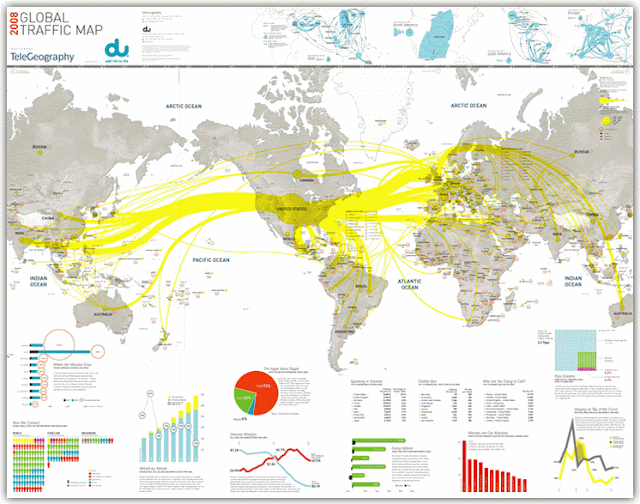American Immigration and the Folly of Isolationism
During the last decade, immigration has taken center stage in many political movements in the West. Frustrations with the apparent shortcomings of immigration fueled the rise of both far-right populism in Western Europe and the current American presidency. The underlying causes of this resentment or suspicion of immigration range from economic stagnation to increasing globalization to purportedly threatened cultural norms, yet the demonization of newcomers, particularly those from Latin American or Middle Eastern countries, is a common thread. However, the economic impact of immigration has long been understood by economists as generally positive, particularly in cases of movement from poorer to wealthier countries. In a novel way of going about opinion writing, Philippe Legrain outlines his support for and dispels negative misperceptions of immigration as a social phenomenon. In what is known as an Open Essay in The Economist, Legrain explains his reasoning for preferring immigration to isolationism in the first part of “How to convince sceptics of the value of immigration?” Then, after receiving a number of comments and critiques from readers, he carefully lays out and dismantles nearly every mainstream argument against immigration in the following two installments, engaging cultural, economic, and security concerns. Although valuable in furthering discourse on immigration, these arguments, I think, are reductive in nature, confining immigrants to the monolithic perspective of Western liberals. Granted, Legrain does acknowledge the importance of appealing to the empathy of immigration skeptics. The unique humanity of each person who hails from countries other than our own is where I believe the true value of immigration lies.
After participating in a summer program called Yale Young Global Scholars that is grounded in the participation of as many students from around the world as possible and while currently attending another camp with a similar proportion of international students (Stanford Summer Humanities Institute), I believe my interactions with students from outside of the United States have been invaluable. Hearing languages I can’t understand reminds me of the expansiveness of human knowledge and my infinitesimal place within it. Discussing matters of geopolitical tension with the people that are affected by that tension allows for far more thorough understanding and discussion than just watching cable news. Joking about our respective familial customs brings joviality to our analyses of our respective countries. And talking about religion, music and art with these students emphasizes the limitlessness of the human experience. For these reasons and many others, the recent comments made by Donald Trump on Twitter were concerning and, frankly, revolting. By insisting on the returning of four young congresswomen of color to their countries of birth—oblivious to or willfully ignorant of the fact that three were born in the States—Trump once more made known his racist views. As citizens of a country where nearly all citizens are descendants of immigrants, we must consider how the anti-immigration views espoused today would affect the families of our ancestors, many of whom were fleeing persecution akin to what some immigrants face today. With that, we might come to understand the vital role immigration plays in—and the vigorous spirit it adds to—our democracy.




Beautifully written!
ReplyDelete